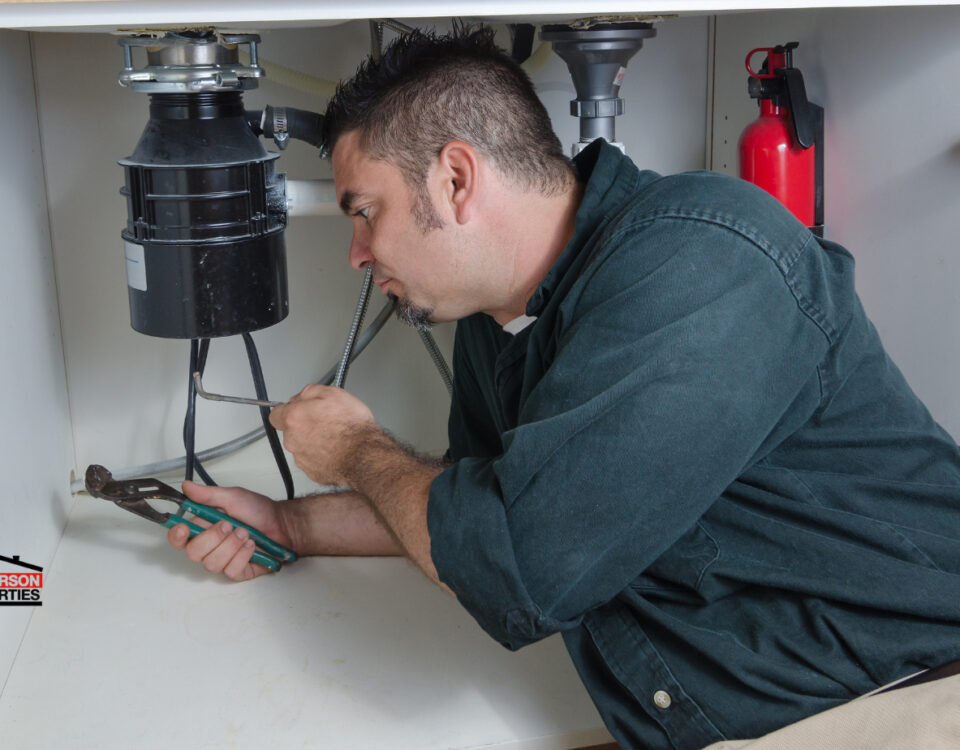- Walk-in Traffic is by Appointment Only - More Details
Best Questions to Ask Your Real Estate Agent

How to Deep Clean Your House
March 27, 2020
6 DIY Projects You Can Do When Stuck at Home
April 20, 2020As you’re continuing to shelter at home, you may find yourself feeling like your current home or apartment is just a little small for your needs. The real estate market is in an excellent place for buyers, with many homes and low-interest rates. If you’re finding yourself searching for homes for sale and the help of a real estate agent, then things are getting serious.
During a time when face-to-face interactions and in-person showings have limits, you’ll want to get as many answers to your questions as you can about a property you’re considering.
-
Why Is the Seller Selling?
People move for many different reasons. Some need a smaller or larger home, while some have job changes that take them to other parts of the country. Finding the seller’s motivation for moving may help you in the negotiations process because you’ll have insight into what is driving the decision. If the seller has an urgent need to move, you may be in a stronger negotiation position.
-
How Old is the Roof or HVAC System?
Two of the most expensive things to replace in a home are its roof and its HVAC system. The roof, by far, is the most costly. A typical asphalt roof will last between 24 and 30 years. If the home’s roof is nearing that date, you’ll need to budget for replacement or work the cost of replacement into your negotiation. An HVAC system lasts between 10 and 15 years on average, so consider that in your negotiations as well.

-
Is the Home in a Flood Zone?
Ask if the home sits n a flood zone or near an area where natural disasters are frequent. If it’s in a flood zone, you’ll need to purchase flood insurance. Not only does this add to your homeownership costs, but it also means the home is at a high risk of flooding. While the insurance will help, you may not want to take on this risk. Similarly, if the house is in an area prone to other types of natural disasters, like earthquakes, you may need additional insurance coverage. Find this out before you buy, as it may impact your budget.
-
How Long Has the Home Been on the Market?
A home that sits on the market for a long time either has a severe problem or was priced too high when placed initially on the market. Also, homes that have been on the market for a while tend to have highly motivated sellers. This information can put you in a stronger position for negotiation.
-
What Does the Sale Include?
Almost every sale includes the home and its appliances, but there may be more thrown in, like the window blinds and curtains. Your offer should have everything you want to stay with the home carefully outlined. If you ask this question and then use it in your negotiations, you may even end up with that hutch that fits perfectly in the dining room as part of your sale deal.

-
What Warranties Are In Place?
Ask if the home has any warranties in place. Warranties cover everything from appliances to basement waterproofing, but they’re only valid if the home’s owner has the original documentation. Ask not only about the warranties but also about any documentation for those warranties.
-
What Have Neighboring Homes Sold For?
Looking at comparable sales will help you evaluate whether or not the seller’s price for the home is fair. This can prevent problems that occur if the home appraises for less than the asking price, which can send you back to the negotiation table. If the house seems overpriced based on comps, you have a strong negotiation point.
-
Will My Vehicle Fit?
Today’s vehicles are taller and often wider than their predecessors. Some homes have short or narrow garages, and that can leave you with a problem. If you have a big vehicle, make sure it will fit in the garage.
-
What Are the Past Insurance Claims?
As a buyer, you can ask for a copy of a Comprehensive Loss Underwriting Exchange (CLUE) report on the home. This shows any homeowner’s claims made for the property in the last several years. If anything substantial, sustained damage after a storm, you can enter negotiations armed with that knowledge.
Information is the key to a successful home purchase and negotiation. Even while you’re sheltering at home, you can get the information about a home you’re potentially interested in buying with help from your real estate agent. All it takes is the right questions.




